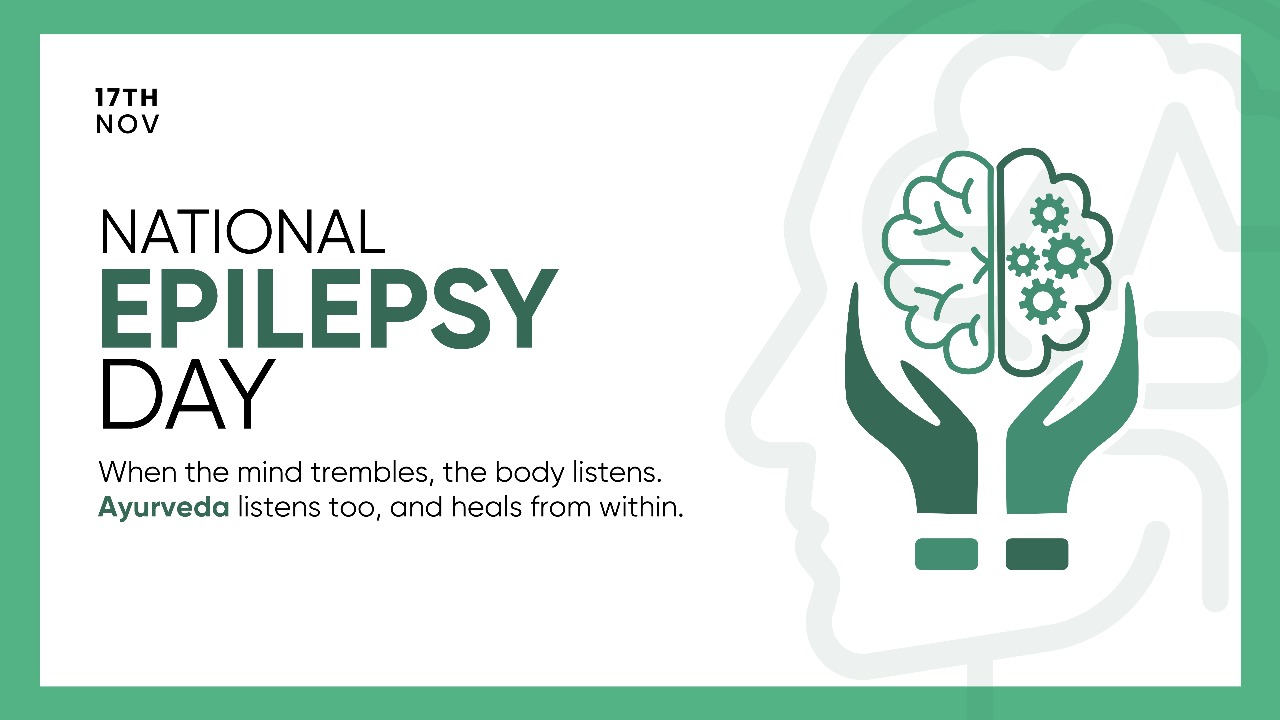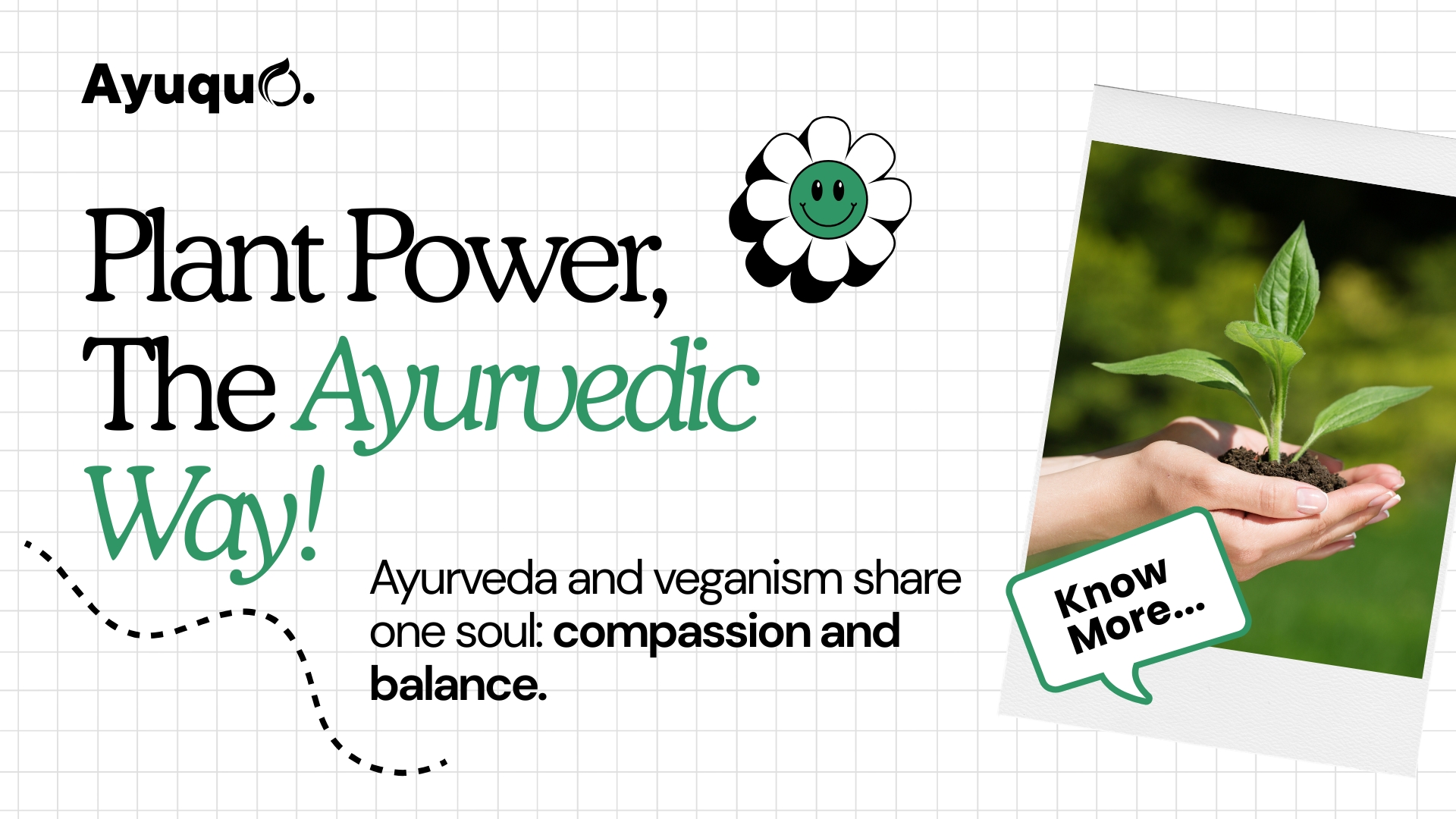
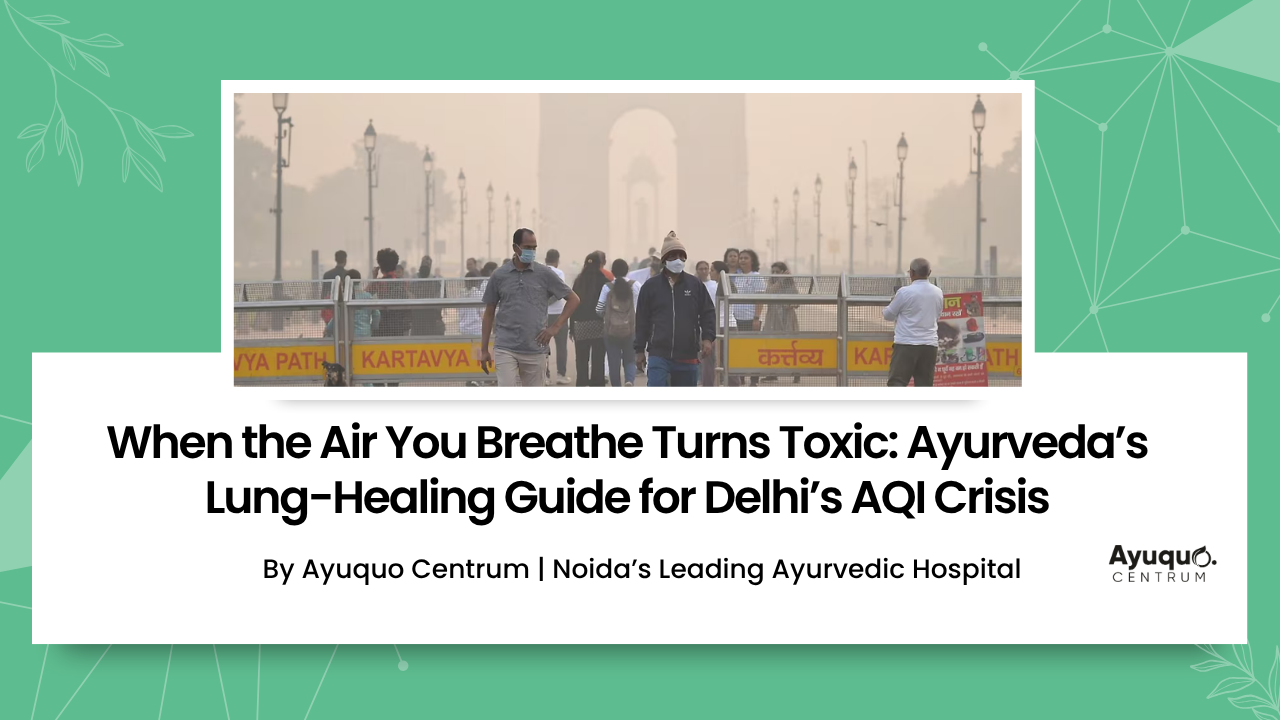
Introduction: Breathing in the New Reality
Each winter, Delhi and NCR wake up to an invisible haze. AQI levels often cross 400, and breathing starts to feel heavy even indoors. Behind every breath lie microscopic pollutants that irritate the throat, clog the lungs, and silently inflame the body.
But Ayurveda reminds us that the problem isn’t only outside; it’s also how the body reacts inside. Polluted air weakens Prana Vayu – the life force that drives respiration – and builds up Ama (toxins) in the Pranavaha Srotas (respiratory channels).
“Pollution doesn’t just affect your lungs; it disturbs your body’s rhythm and immunity. Ayurveda restores that balance naturally.”
— Vaidya (Dr.) Piyush Juneja, Founder, Ayuquo Centrum
How Pollution Affects Your Body
When PM 2.5 and PM 10 particles enter your airways, they trigger chronic inflammation. Ayurveda views this as excess Vata and Kapha disturbance — dryness, constriction, and phlegm accumulation.
Common signs:
• Persistent dry or wet cough
• Blocked sinuses and headaches
• Eye and throat irritation
• Fatigue and poor focus
• Worsening asthma or bronchitis
Ayurveda’s Approach: Cleanse – Strengthen – Protect
Ayurveda works on three levels:
Shodhana (Detox): Remove toxins and clear respiratory passages.
Rasayana (Rejuvenation): Nourish lungs, immunity, and nerves.
Nidana Parivarjana (Prevention): Avoid re-exposure and support body defences.
Stage 1: Herbal Lung Detox
Certain herbs act as natural bronchodilators, anti-inflammatories, and mucolytics.
“A blend of Vasaka, Tulsi and Giloy is one of the safest ways to build lung resilience during high-pollution months.” — Dr Juneja
Stage 2: Nasya Therapy – Ayurvedic Nasal Care
Nasyam is Ayurveda’s preventive armour during smog season.
Two to three drops of medicated oil such as Anu Taila or Shadbindu Taila are gently instilled into each nostril daily.
Benefits:
• Creates a natural barrier against dust and microbes
• Clears sinuses and relieves headaches
• Improves oxygen intake and mental clarity
• Balances Vata in the head region
Simple routine:
Warm the oil slightly, apply 2 drops in each nostril in the morning or before going out, and inhale gently.
“Regular Nasya forms an invisible mask for your respiratory tract. It protects better than many filters when used consistently.” — Dr Juneja
Stage 3: Panchakarma for Pollution Detox
For chronic cases of cough, allergies, or fatigue, Panchakarma therapies help remove deep-seated toxins:
Swedana (herbal steam): Opens pores and clears congestion.
Abhyanga (oil massage): Stimulates lymphatic flow and reduces stress.
Virechana (mild purgation): Detoxifies liver and gut, easing inflammation.
Shirodhara: Calms the nervous system and improves sleep disrupted by poor air.
Stage 4: Ayurvedic Formulations from Ayuquo
At Ayuquo Centrum, patients recovering from pollution-related allergies and asthma often respond well to two proprietary blends crafted under expert guidance.
1. Astha Relief (For Asthma)
A natural formulation that supports respiratory ease and reduces dependency on inhalers.
Key Herbs: Vasaka, Tulsi, Bharangi, Mulethi.
Use: 1–2 teaspoons with warm water twice daily or as directed by your doctor.
2. Kaphashodhan Churnam
An Ayurvedic powder designed to clear Kapha accumulation in the lungs and sinuses.
Benefits:
• Reduces phlegm and chest heaviness
• Improves respiratory capacity
• Supports natural lung detox and immunity
“After just three visits and one month of Ayurvedic care using Kaphashodhan and Astha Relief, many patients report better breathing and fewer attacks.” — Clinical Note, Ayuquo Centrum.
These are prescribed individually after a detailed dosha and symptom assessment.
Stage 5: Daily Diet and Lifestyle
Eat this: Moong dal, ghee, steamed vegetables with black pepper, Amla, and warm herbal teas.
Avoid: Cold drinks, curd at night, deep-fried food, and late-night meals.
Home tips:
• Use air-purifying plants (Tulsi, Snake Plant, Aloe Vera).
• Drink warm water frequently.
• Do breathing exercises like Anulom Vilom for 10 minutes daily.
• Rinse your nose with saline water before sleep.
Ayurveda and Science Converge
While biomedicine studies oxidative stress and immune inflammation, Ayurveda already offers the tools to prevent them.
Where science prescribes detox and antioxidants, Ayurveda prescribes Panchakarma and Rasayana therapy.
“Your lungs are living organs of Prana. Care for them the way you care for your heart, gently, daily, and consciously.” - Dr Juneja
When to Consult Ayuquo Centrum
If you notice a persistent cough, fatigue, sinus blockages, or asthma triggered by smog, seek Ayurvedic evaluation. Early care prevents chronic airway damage.
📍 Ayuquo Centrum, Ayurvedic Hospital, Sector 116, Noida, India
📞 088820 21704 | 093155 65211
🌐 www.ayuquo.com
By Ayuquo Centrum | Noida’s Leading Ayurvedic Hospital

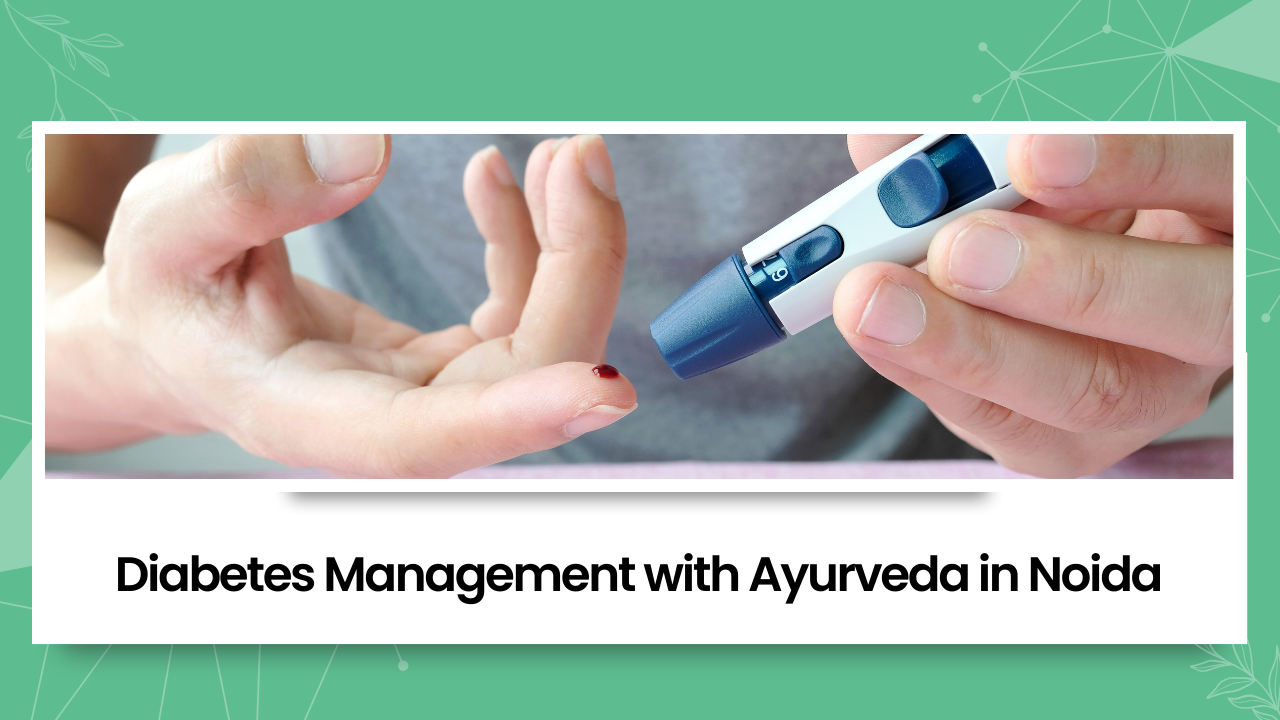
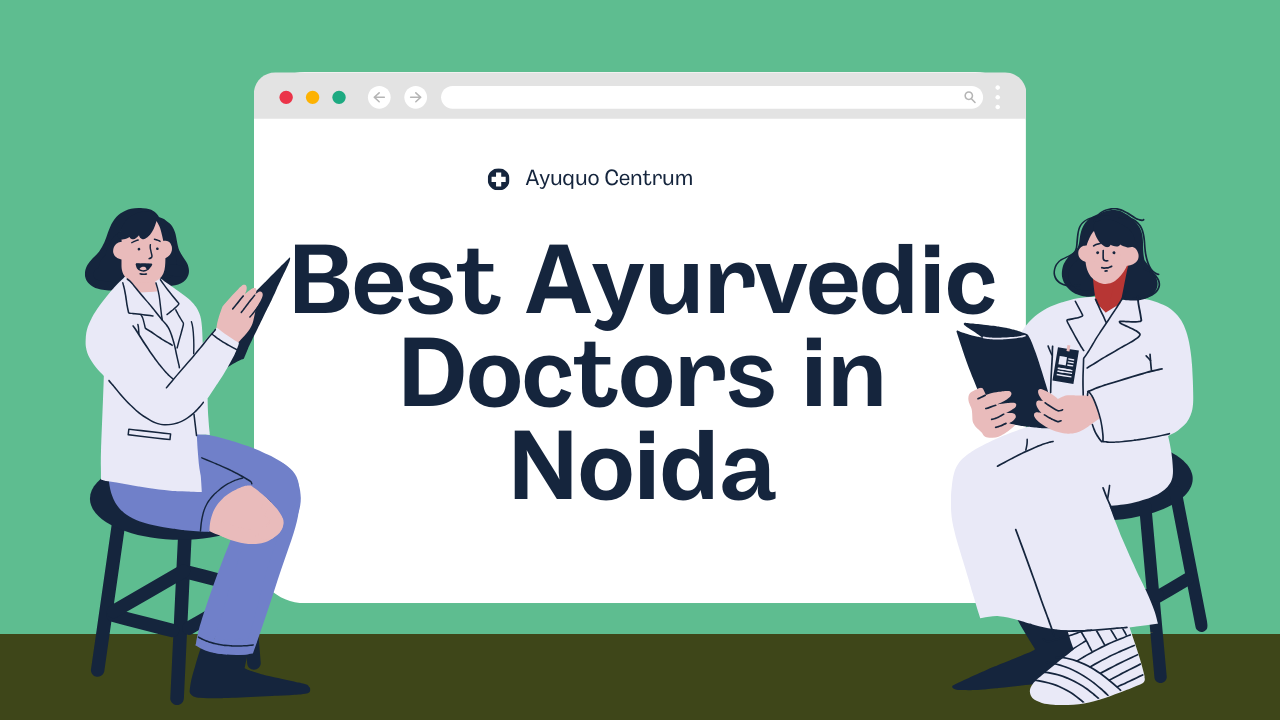
28/12/2025
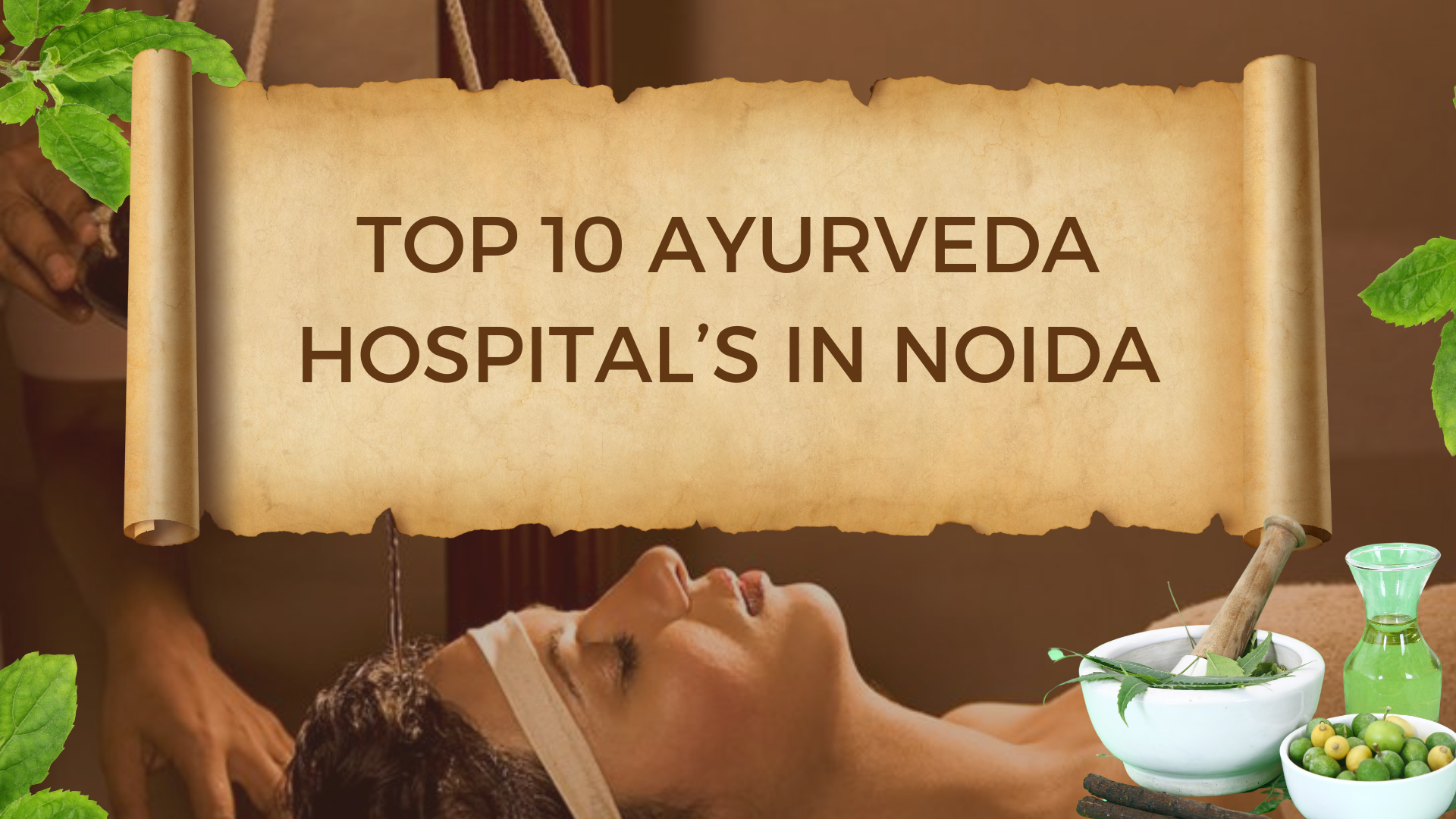
18/11/2025
